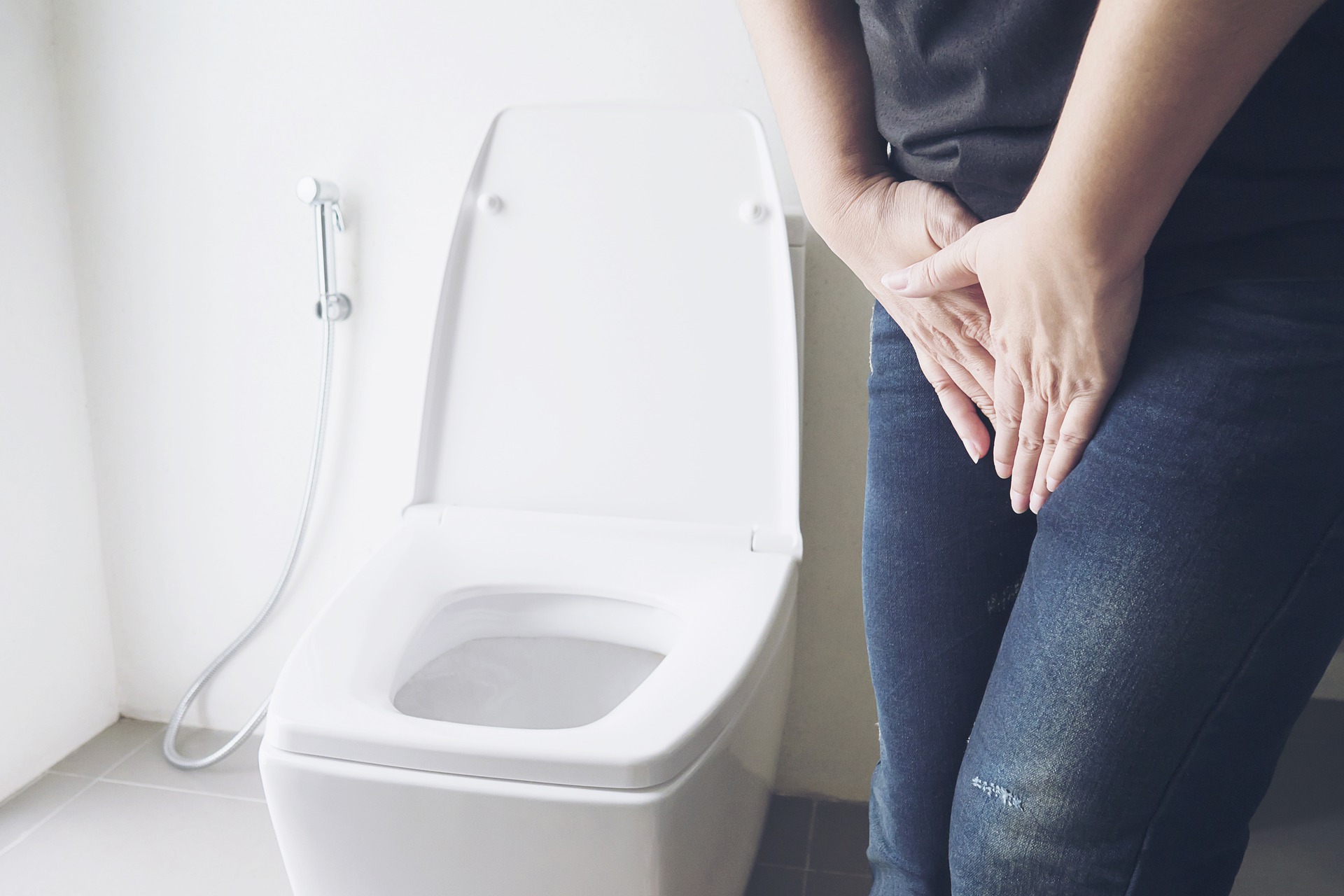We all occasionally have to get up at night to go to the bathroom. Especially if we drank a few beers the night before, or if we ate a particularly salty meal, such as the beloved pizza. But if the need to go to the bathroom at night becomes constant, and we happen to get up every night, and even several times a night, this could be a symptom of a disease. Let’s see what it is.
Nocturia affects the urinary tract
The need to urinate several times every night, if prolonged over time, can be the symptom of a real pathology, called nocturia (or nocturia). Not to be confused with pollakiuria, i.e. the need to urinate frequently, regardless of the time of day or night. We speak of nocturia when the person needs to urinate at least 2 or 3 times a night, and with large quantities of urine produced. Nocturia particularly affects people of advanced age, but not only. Unfortunately, nocturia is often associated with, or can be a symptom of, other pathologies. Let’s see which ones.
Attention, if we get up two or three times a night with the need to urinate it could be due to this pathology
The urgent need to urinate during the night can be associated with conditions such as diabetes, which prompts the person to consume large quantities of fluids. But it can also be a symptom of cystitis, prostate or bladder cancer, nephritis, or liver problems. Nocturia can also be associated with bladder problems or dysfunction, which reduce bladder capacity. But the negative effects of this pathology did not end there. So be careful if we get up two or three times a night to go to the bathroom.
It negatively affects people’s quality of life
Among the most serious consequences of nocturia are insomnia, difficulty falling asleep and drowsiness daytime. It is a disorder that can negatively affect people’s lives not only during the night, but also during the day. Among the remedies proposed there is the limitation of diuretic drinks, first of all the coffee and alcohol. It is also important to imitate the intake of any liquid in the two or three hours preceding night sleep.
Obviously, if nocturia is linked to other diseases, such as diabetes, bladder or prostate cancer or kidney problems, these will need to be treated to eliminate the root cause of the nocturia.
Deepening


